20+ Affidavit Examples to Download
When it comes to legal matters, documentation plays a crucial role in ensuring clarity and validity. One such document that holds significant weight in legal proceedings is an affidavit. Whether you are involved in a court case, need to provide evidence, or want to assert the truthfulness of a statement, understanding the format and structure of an affidavit is essential. In this article, we will explore the definition of an affidavit, provide a step-by-step guide on how to write one, address common FAQs, and empower you with the knowledge to confidently navigate the realm of affidavits.
bb_toc content=”][/bb_toc]
1. Character Reference Affidavit Template

2. Affidavit of Non-Legal Separation Template
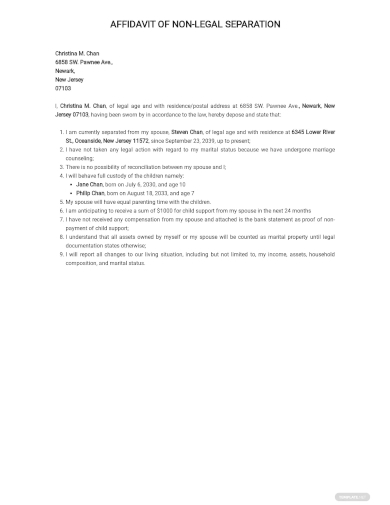
3. Personal Statement Affidavit Template
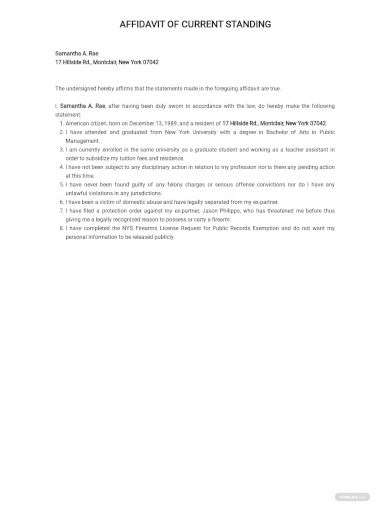
4. Company Affidavit Format Template
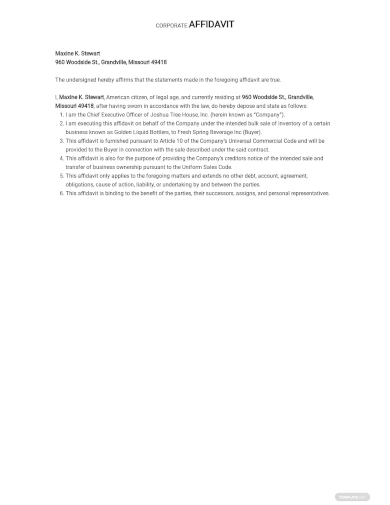
5. Sworn Marriage Affidavit Template
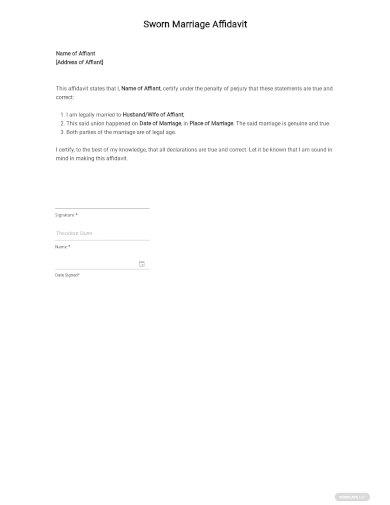
6. Basic Affidavit Format
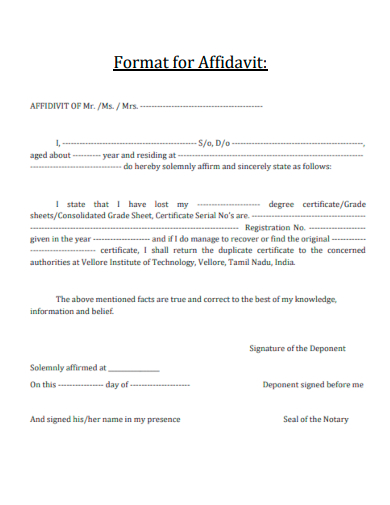
vit.ac
7. Self Affidavit of Income Letter
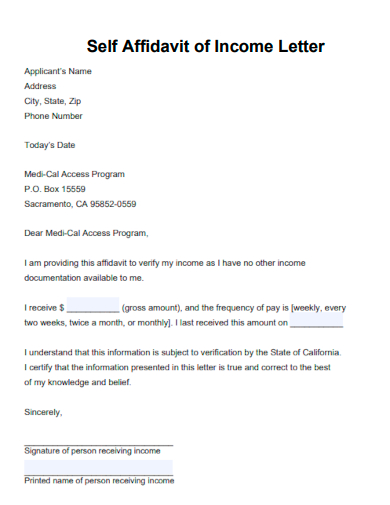
dhcs.ca.gov
8. Affidavit Verification
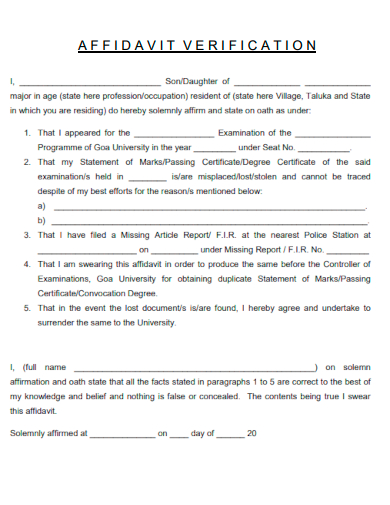
nycourts.gov
9. Department of Revenue Affidavit
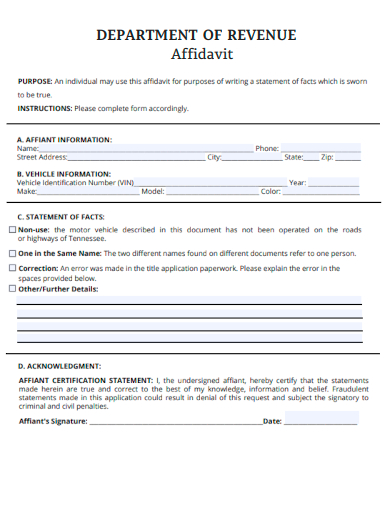
tn.gov
10. Modern Affidavit
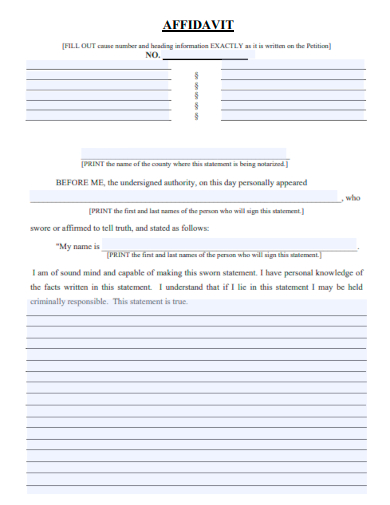
texaslawhelp.org
11. Affidavit Form
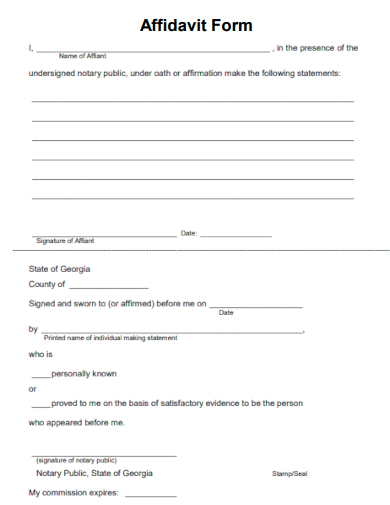
gsccca.org
12. Sample Affidavit
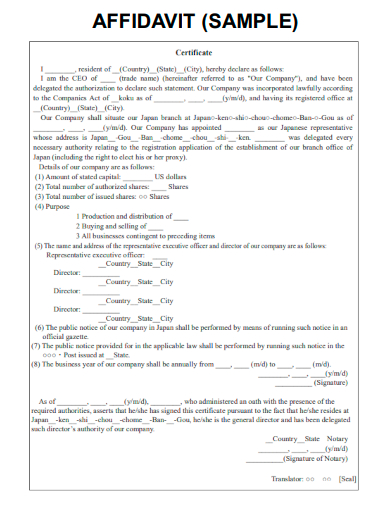
jetro.go.jp
13. Affidavit Acknowledgement
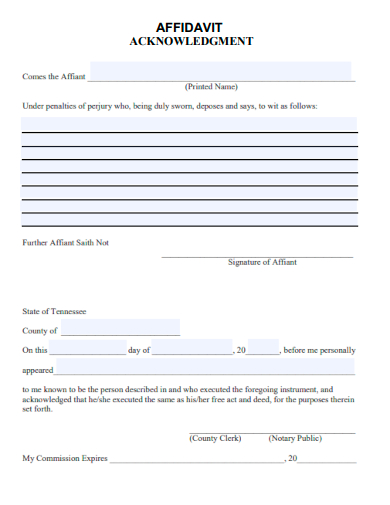
tncountyclerk.com
14. Affidavit of Service
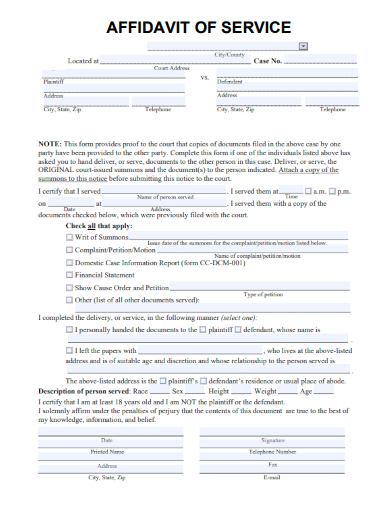
mdcourts.gov
15. Affidavit of Nondisclosure
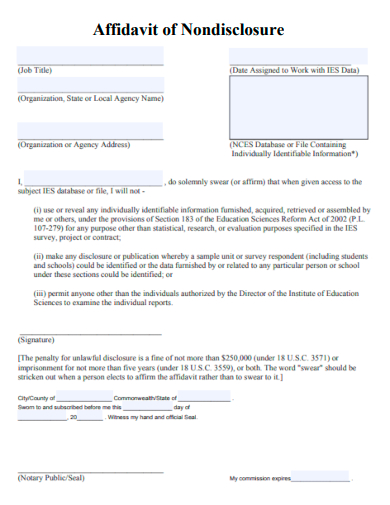
nces.ed.gov
16. Format of Affidavit for Name Change After Marriage
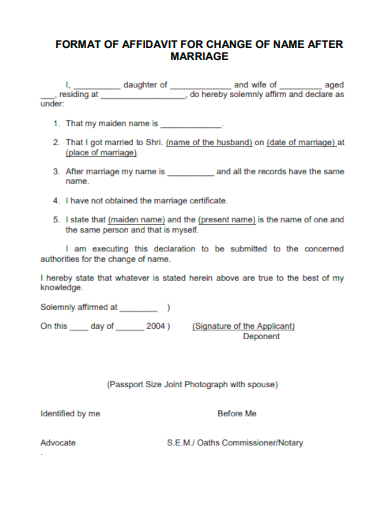
tml.org
17. Affidavit That Agency Provided
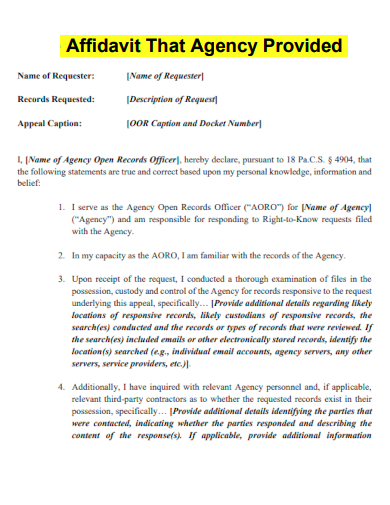
pa.gov
18. Affidavit of Mailing
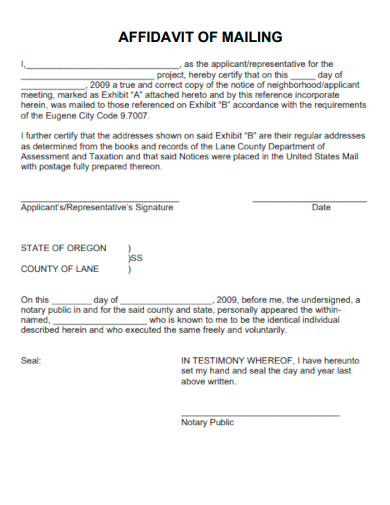
eugene-or.gov
19. Petition & Affidavit in Support
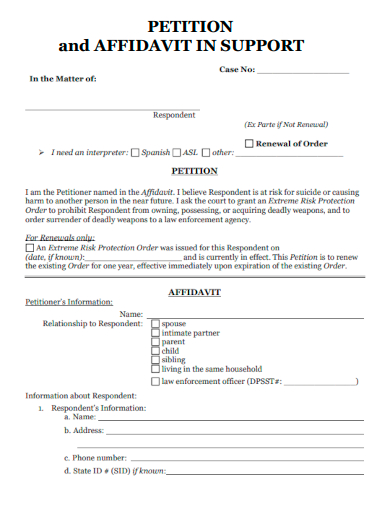
oregon.gov
20. Exhibit Certificate Affidavit
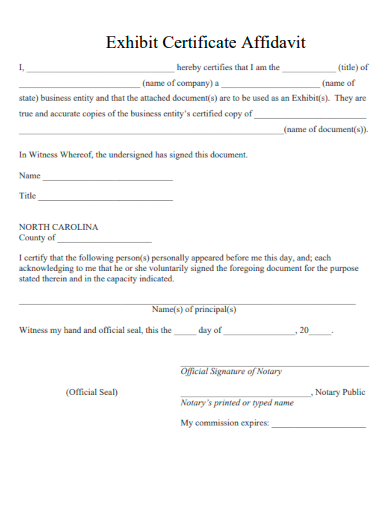
sosnc.gov
21. Affidavit for Lost Note
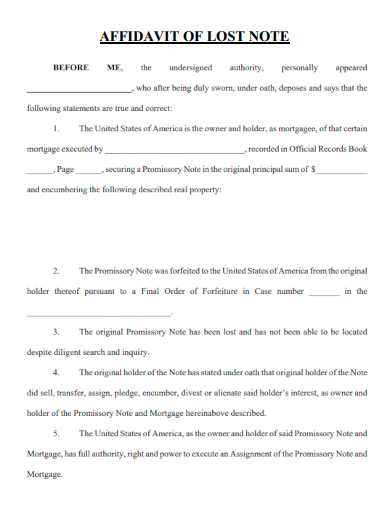
treasury.gov
What is an Affidavit?
An affidavit is a written statement that is voluntarily made by an individual under oath or affirmation, declaring the truthfulness of the information provided. It serves as a sworn testimony and is commonly used in legal proceedings as evidence. Affidavits can cover various aspects, such as personal knowledge, facts, or events, and they are typically signed before a notary public or another authorized official. The purpose of an affidavit is to provide a formal, written account that can be relied upon in legal situations, ensuring the authenticity and credibility of the information presented.
How to write an Affidavit?
Writing an affidavit may seem like a daunting task, but with a clear understanding of the format, you can effectively convey your statement. Here is a step-by-step guide on how to write an affidavit format:
Step 1: Introduction:
Begin by stating the title of the document, usually “Affidavit of [Your Name].”
Step 2: Affiant Details:
Include your full legal name, address, and contact information. Ensure accuracy and legibility to avoid any confusion.
Step 2: Oath/Affirmation:
Declare that the following statements are true and accurate under penalty of perjury. You can either swear an oath or affirm, depending on your preference or legal requirements.
Step 3: Body
Present your statement in a clear and organized manner. Use numbered paragraphs for different points or sections, ensuring each paragraph addresses a specific aspect or incident.
Step 4: Signature and Notarization:
Sign the affidavit at the end, followed by the date and location of signing. If required, have your affidavit notarized by a notary public or an authorized official.
FAQs
Is an affidavit legally binding?
Yes, an affidavit is legally binding as it is considered a sworn statement made under oath or affirmation. Providing false information in an affidavit can lead to legal consequences.
Can I use a template for writing an affidavit?
While templates can provide a general framework, it is essential to tailor the affidavit to your specific circumstances. Ensure accuracy, clarity, and relevance to the case at hand.
Can I amend an affidavit once it is signed?
Generally, once an affidavit is signed and notarized, it is considered a final and complete document. However, if necessary, you may be able to file a new affidavit that clarifies or corrects any previous statements made.
Mastering the art of writing an affidavit format equips you with a powerful tool in the realm of legal proceedings. By understanding what an affidavit is, following a step-by-step guide, and addressing common FAQs, you can approach the process with confidence. Remember, an affidavit serves as a sworn testimony, a written account that holds weight and can significantly impact the outcome of legal proceedings. By ensuring accuracy, clarity, and adherence to legal requirements, you can harness the potential of affidavits to effectively communicate your truth in a formal and reliable manner.

